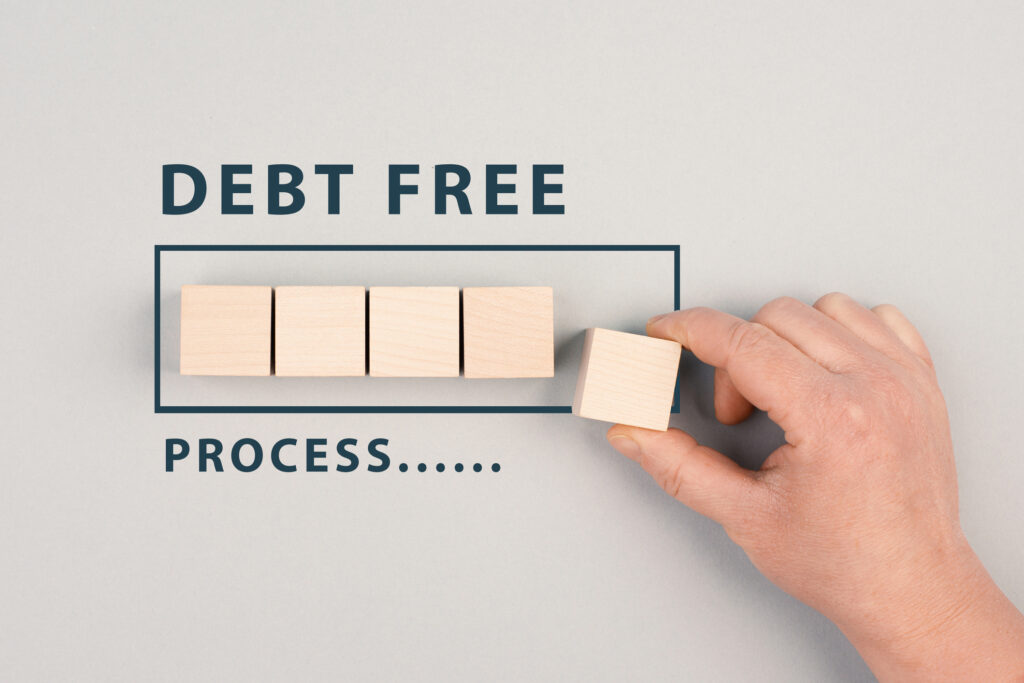If you’re in your 20s, you might think that building wealth is something that only older people can do. You might be struggling with student debt, low income, or high living expenses. You might feel like you have no money to save or invest. But the truth is, your 20s are the best time to start building wealth. Why? Because you have the most valuable asset of all: time.
Related Topics:

Time is your friend when it comes to building wealth. The sooner you start saving and investing, the more time your money has to grow and compound. Compound interest is the magic that makes your money multiply over time. It means that you earn interest not only on your initial investment, but also on the interest that you earn. The longer you let your money compound, the faster it grows.

So how do you start building wealth in your 20s? Here are some easy-to-follow steps that will help you achieve your financial goals.
Set a budget and track your spending
The first step to building wealth is to know where your money is going and how much you have left to save or invest. A budget is a plan that helps you allocate your income to your needs, wants, and goals. You can use a spreadsheet, an app, or a simple notebook to create your budget. The key is to be realistic and honest with yourself. Track your spending for a month and see where you can cut costs or increase income.

Pay off high-interest debt
Debt is not always bad, but some debt can be very costly and prevent you from building wealth. High-interest debt, such as credit cards, payday loans, or personal loans, can eat up a large portion of your income and make it hard to save or invest. The best way to deal with high-interest debt is to pay it off as soon as possible. Start by paying more than the minimum payment on the highest-interest debt first, while making the minimum payments on the rest. Once you pay off one debt, move on to the next one until you are debt-free.

Build an emergency fund
An emergency fund is a stash of cash that you can use for unexpected expenses, such as car repairs, medical bills, or job loss. Having an emergency fund can help you avoid going into debt or dipping into your savings or investments when something goes wrong. Ideally, you should have at least three to six months’ worth of living expenses in your emergency fund. You can start by saving a small amount every month until you reach your goal. Keep your emergency fund in a separate savings account that is easily accessible but not too tempting to spend.

Save for retirement
Retirement might seem like a distant future, but the sooner you start saving for it, the better off you will be. Saving for retirement is one of the best ways to build wealth in your 20s because of the power of compound interest. The more time you have until retirement, the more your money can grow and multiply. One of the easiest ways to save for retirement is to contribute to a 401(k) plan if your employer offers one. A 401(k) plan is a tax-advantaged account that lets you invest a portion of your pre-tax income for retirement. Your employer may also match some of your contributions, which is free money for you. If you don’t have access to a 401(k) plan, you can open an individual retirement account (IRA), which is another tax-advantaged account that lets you invest for retirement.

Invest in yourself
One of the best investments you can make in your 20s is in yourself. Investing in yourself means improving your skills, knowledge, and abilities that can help you advance in your career or start your own business. You can invest in yourself by taking courses, reading books, attending seminars, networking with mentors, or pursuing certifications or degrees. Investing in yourself can help you increase your income potential and create more opportunities for wealth creation.

Building wealth in your 20s is not impossible if you follow these steps. By setting a budget, paying off debt, building an emergency fund, saving for retirement, and investing in yourself, you can lay the foundation for a prosperous future. Remember that building wealth is not a sprint but a marathon. It takes time, patience, and discipline to achieve your financial goals. But if you start early and stay consistent, you will reap the rewards of your efforts.



